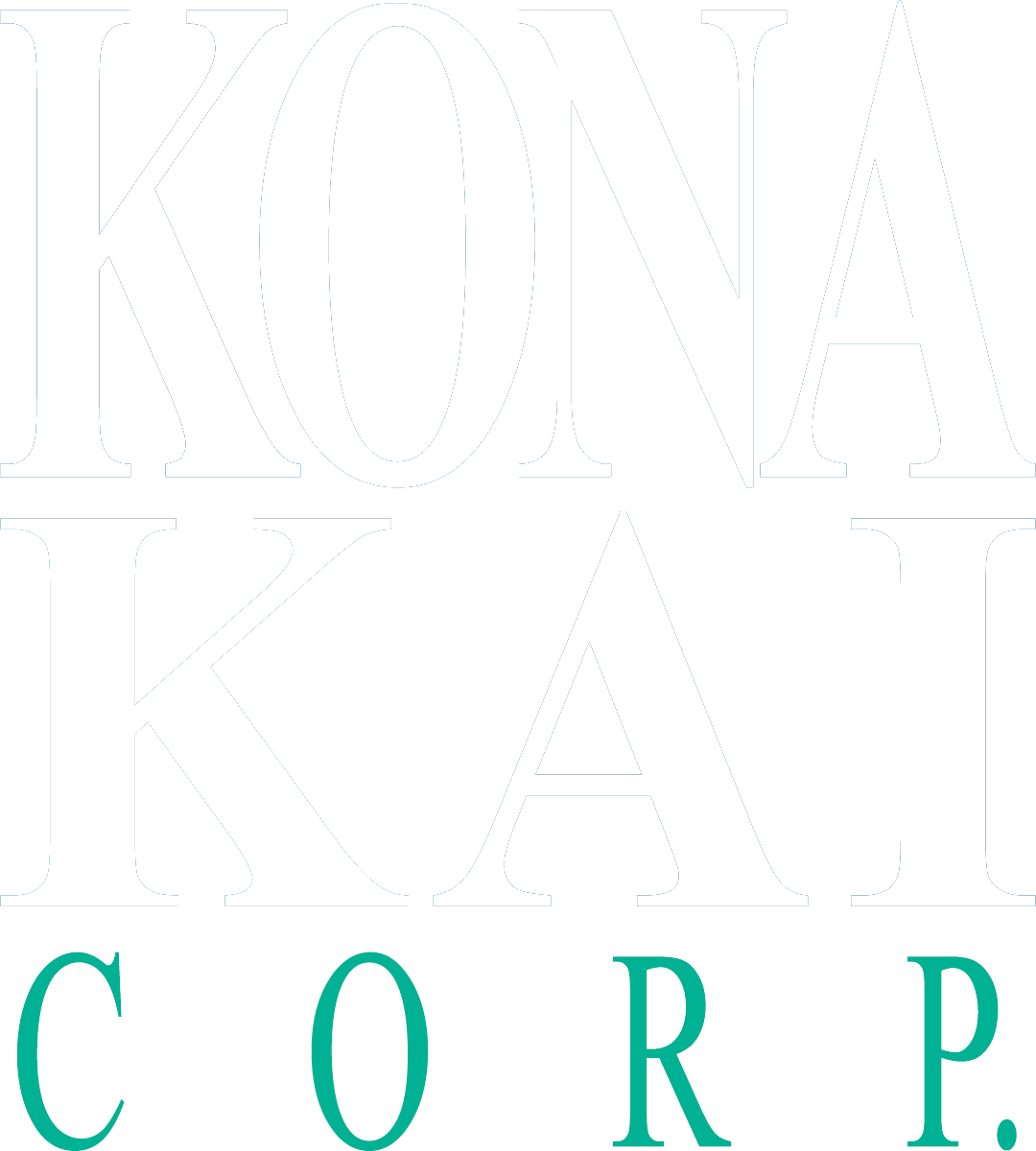Why is Interoperability in Healthcare Important?
As you may already know, the Centers for Medicare and Medicaid Services, or the government agency commonly referred to as “CMS,” developed a roadmap to improve interoperability and health information access for patients, providers, and payers. So why is interoperability important? Read more for a guide on how new CMS regulations promoting interoperability in the healthcare industry will affect your company, and most importantly, how to get help adjusting to the requirements.
What is Interoperability in the Healthcare Context?
Essentially, interoperability means the ability of computer systems or healthcare entities to exchange and make use of information. In the context of the medical industry, interoperability means to enable the sharing of payer, patient or provider related information to simplify tasks and improve the delivery of care.
For a long time, HIPAA has protected patients’ rights to access their health information. The May 2020 Interoperability and Patient Access final rule takes this a step further, by implementing data standards for sharing, eliminating conditions that would block information and protecting the patients’ right to know whether their health information is exchanged in a way that ensures their privacy and security.
What is the Interoperability and Patient Access Final Rule?
As of July 1, 2021, two key CMS policies from the Interoperability and Patient Access final rule are in effect. One policy requires hospitals with certain electronic health record (EHR) capabilities to send admission, discharge, and transfer notifications to other providers. The second requires Medicare, Medicaid and CHIP managed care organizations support sharing Provider Directory information via standard APIs (Application Programming Interfaces). These regulations will certainly change how healthcare information is exchanged between payers, providers, and patients. Ideally, they will lead to greater efficiency standards end-to-end.
As part of the Interoperability and Patient Access final rule, a payer has the right to ask third-party application developers whether their privacy policy specifies secondary data uses. CMS has also partnered with federal agencies such as the Office for Civil Rights (OCR) and the Federal Trade Commission (FTC) in their efforts to protect patients’ right to the privacy of their health data.
Due to the impact of the Covid-19 pandemic, in September 2021, CMS announced that it would “not take enforcement action against certain payers for the payer-to-payer data exchange provision of the May 2020 Interoperability and Patient Access final rule” until future rulemaking was finalized. This announcement represented CMS’ decision to exercise its discretion in enforcing the payer-to-payer policy temporarily. However, it had no effect on any existing regulatory requirements or implementation timelines previously provided by CMS. Is your company prepared to implement solutions to the new CMS regulations?
How Should My Company Deal with the Interoperability and Patient Access Final Rule?
CMS has identified Health Level 7® (HL7) Fast Healthcare Interoperability Resources® (FHIR) Release 4.0.1 as “the foundational standard to support data exchange” via APIs (Application Programming Interfaces). Basically, CMS has now adopted the standards for FHIR-based APIs to support the privacy and security of patient information. Below, we’ll briefly break down the API requirements and how they will work:
The Patient Access API: As of January 1, 2021, CMS-regulated payers, i.e., MA organizations, Medicaid Fee-for-Service (FFS) programs, Medicaid managed care plans, CHIP FFS programs, CHIP managed care entities, and QHP issuers are now required to implement and maintain a secure API that allows patients to access their claims, clinical information, and other information, like payment amounts through third-party applications of their choice. The goal is to offer patients a more complete understanding of their interactions with the healthcare system. CMS has stated their goal in enacting the patient access API requirement is to promote improved patient decision-making and, in turn, better health outcomes.
The Provider Directory API: As of January 1, 2021, CMS-regulated payers noted above (except QHP issuers on the FFEs) are now required to make provider directory information publicly available through a standards-based API. CMS has stated its goal with this requirement is to “encourage innovation by allowing third-party application developers to access information so they can create services that help patients find providers for care and treatment, as well as help clinicians find other providers for care coordination, in the most user-friendly and intuitive ways possible.”
The Payer-to-Payer Data Exchange: As of January 1, 2022, CMS-regulated payers will be required to deliver patient health data at the request of the patient. CMS’ goal in enacting this requirement is to allow patients to have information portability when they move from payer to payer, as well as the creation of a collective and complete health record for patients to hold on to. The data required for delivery by payers to patients has been specifically outlined in the U.S. Core Data for Interoperability (USCDI) version 1 data set.
What Happens if My Company is Not in Compliance with the Interoperability and Patient Access Final Rule?
CMS has announced that it will publicly report clinicians, hospitals, and critical access hospitals that it finds might be blocking the transfer of information mandated by the Interoperability and Patient Access Final Rule. Providers must list or update their digital contact information in the National Plan and Provider Enumeration System (NPPES). Providers should provide their digital contact information, including secure digital endpoints such as a Direct Address and/or an FHIR API endpoint.
Implementing a Process for Compliance with the Interoperability and Patient Access Final Rule Doesn’t Have to be Difficult.
The Kona Kai Corporation is staying on top of advancements in guidelines, directives, and the latest technology. KKC has the dedicated resources to help organizations adopt and implement HL7® /FHIR standards. They have invested significant time in understanding what these standards are, and how to leverage them to help companies automate or streamline their systems.
KKC can guide your company in its objective to establish a system complying with the new CMS regulations enacted as part of the Interoperability and Patient Access Final Rule. KKC can also see this process through comprehensive implementation.[PB1] KKC is your partner through your adaptation to new regulations, and we’re always here to help. Contact us for more information.
INSIGHTS












